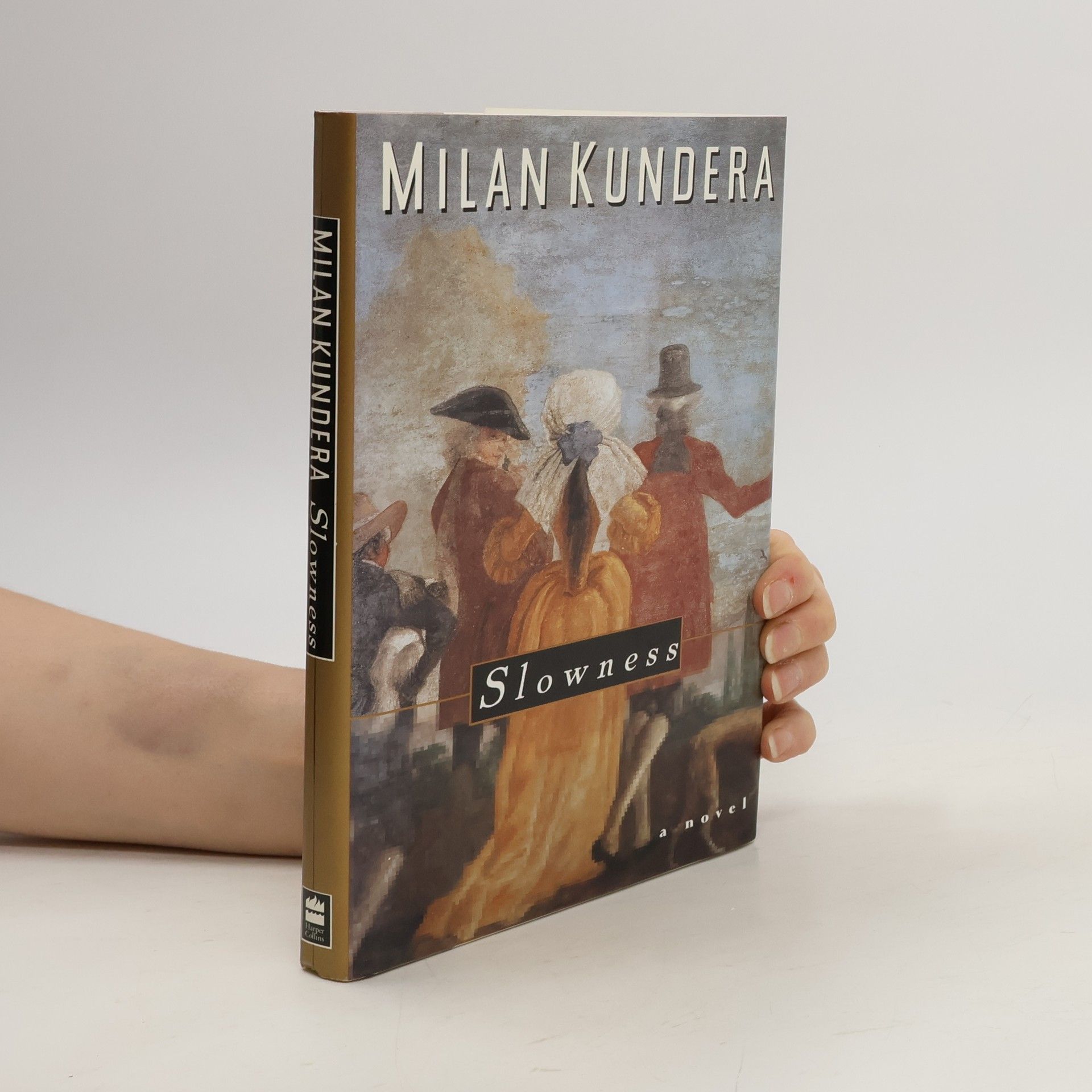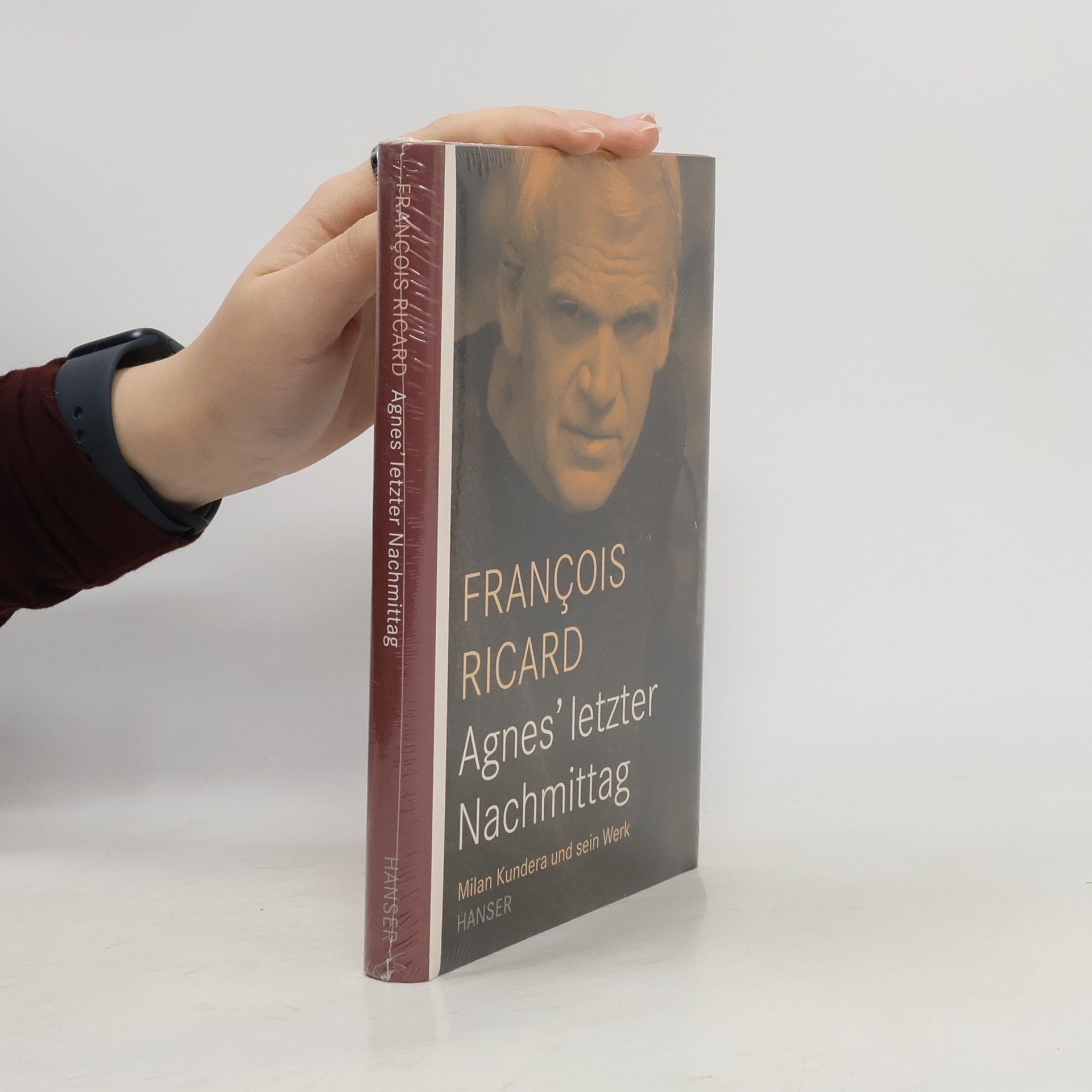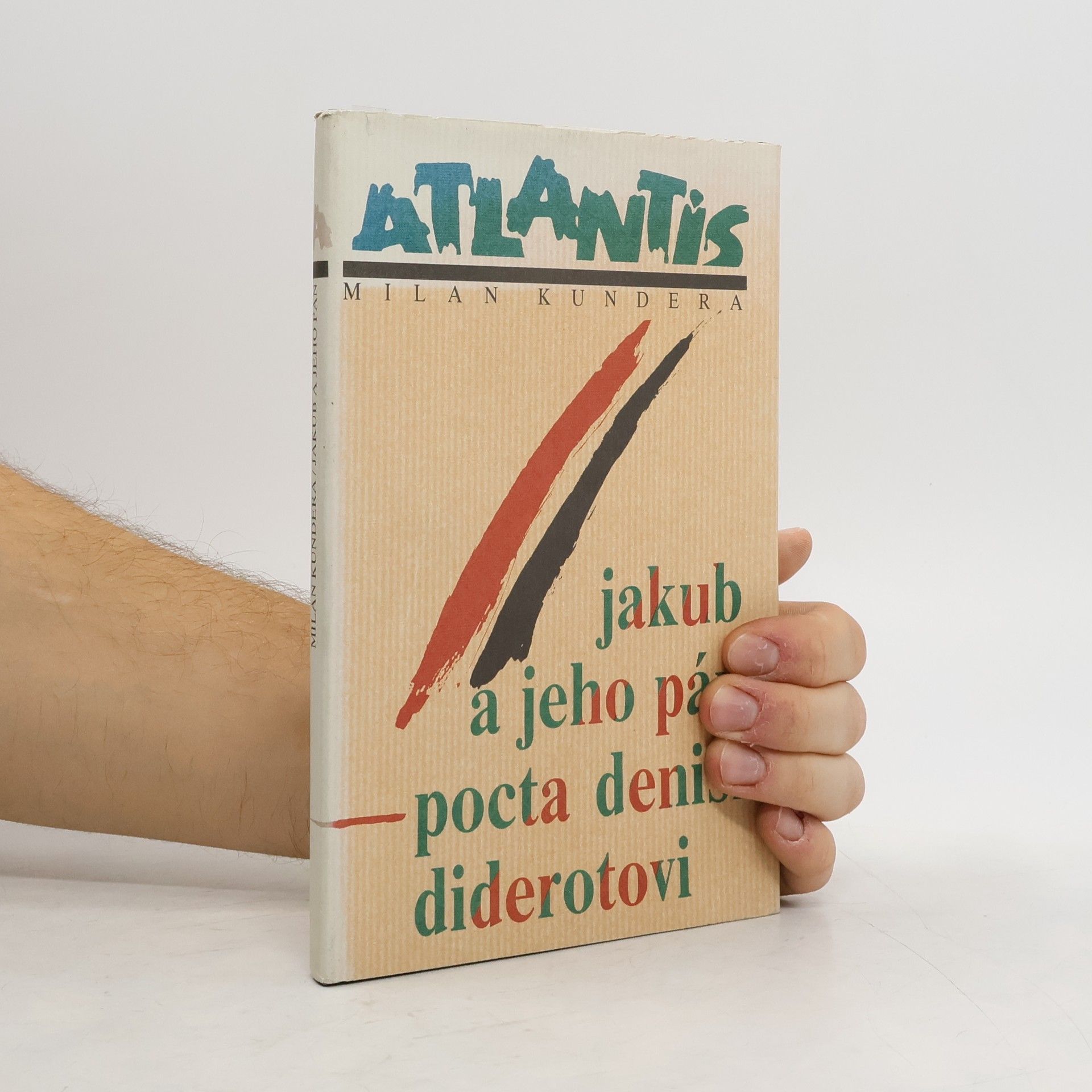A model of clarity, grace, and intelligence, François Ricard's book joins the great French tradition of the literary essay as a meditation on the writing of Milan Kundera. Agnès's Final Afternoon imitates the protagonist of Kundera's novel Immortality on the last afternoon of her life. Like all readers of fiction, Agnès steps out of her car -- out of the world of planned routes, responsibilities, and social self -- and gives herself up to the discovery of a new landscape, an experience that will transform her. François Ricard's essay enters into the writings of Milan Kundera in much the same way. The landscape he explores includes a chain of ten novels, composed between 1959 and 1999, and two books containing one of the most lucid reflections on the novel. From The Joke to Ignorance, Ricard uncovers the richness of theme and character in the novels, their structural composition, polyphony of voices, and innovations of form and subject matter that stretch the boundaries of the novel to a breaking point. Readers need not be familiar with all of Milan Kundera's oeuvre to appreciate this unusual and original book. Agnès's Final Afternoon will inspire a sense of wonder and lead you to appreciate the beauty and profundity of Kundera's art.
François Ricard Books
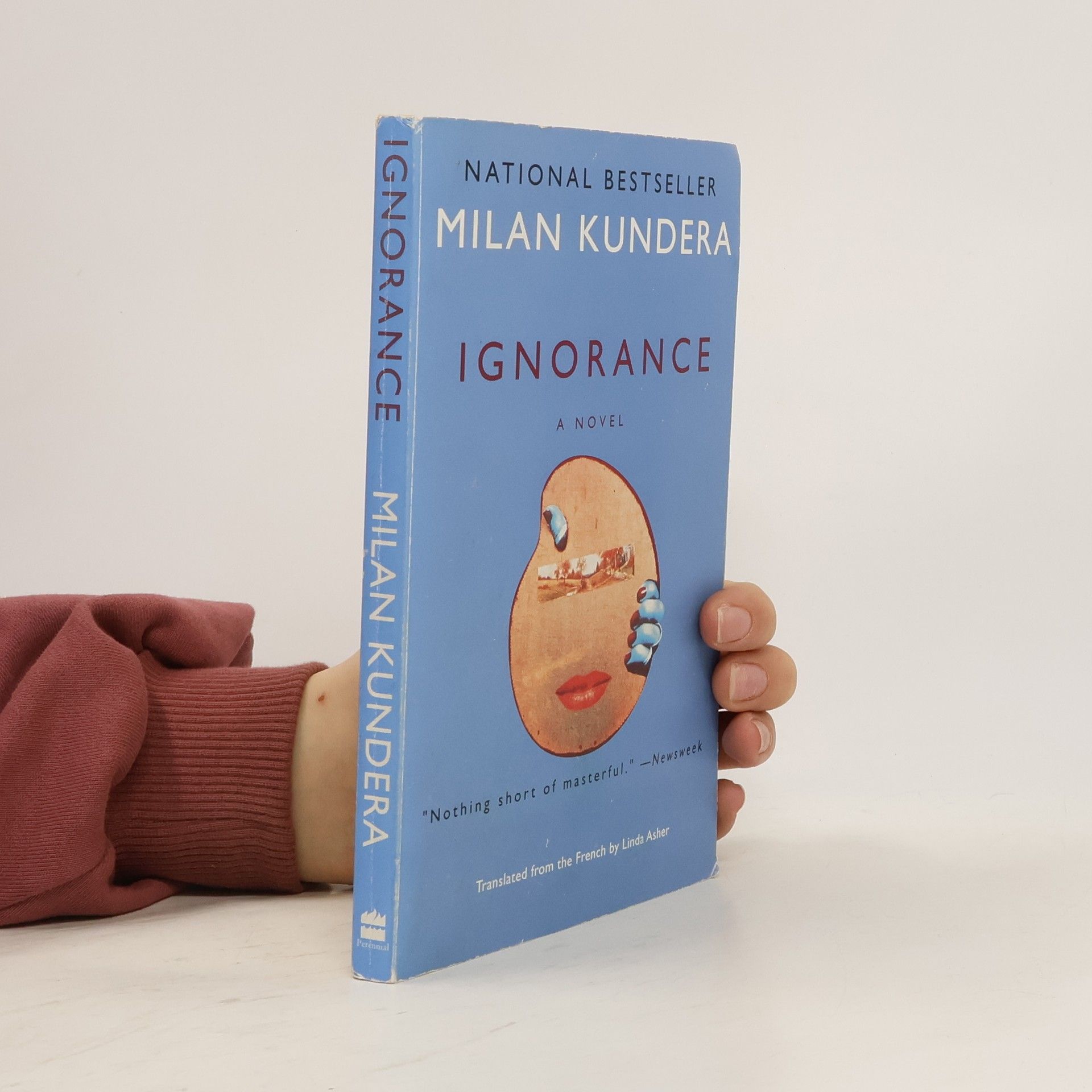
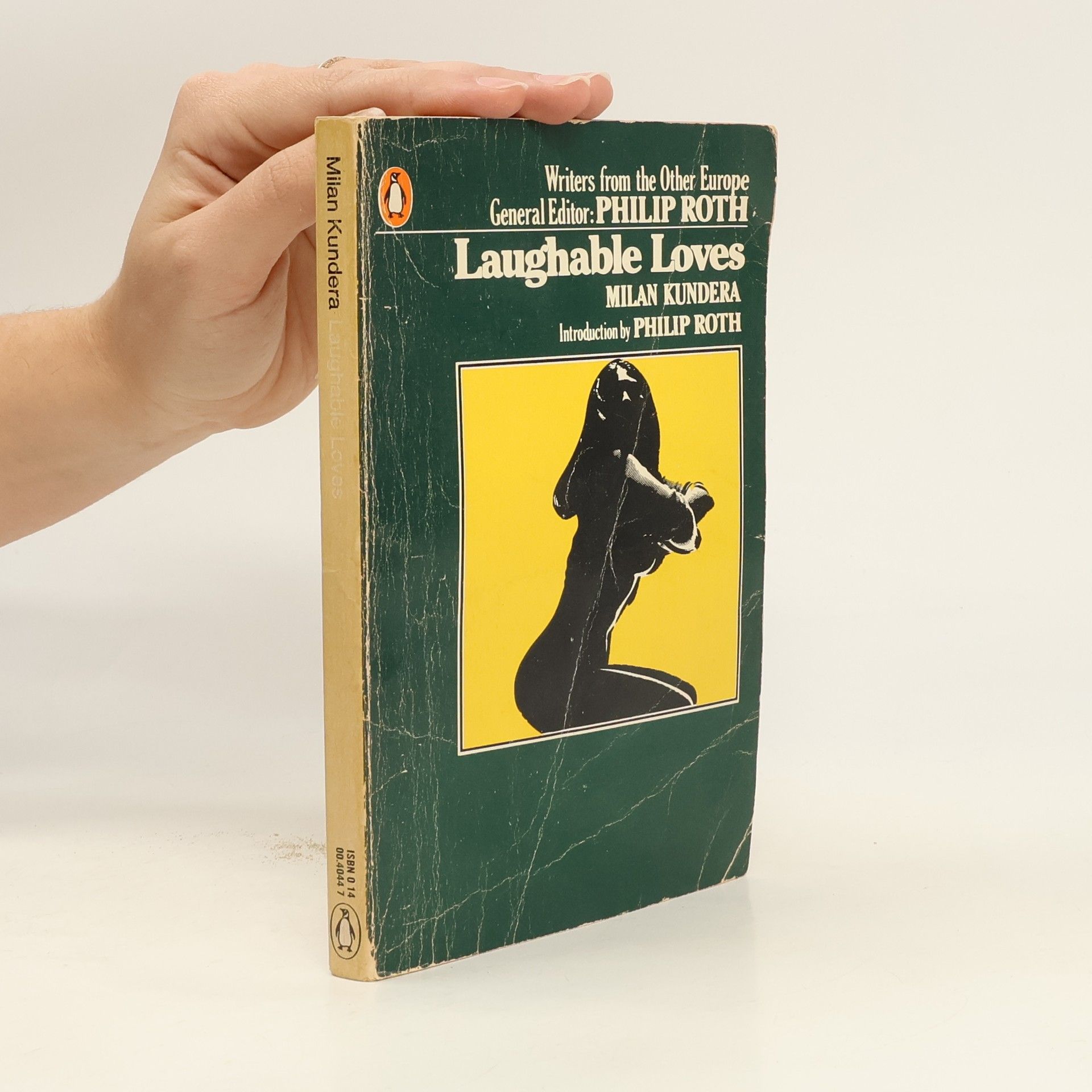
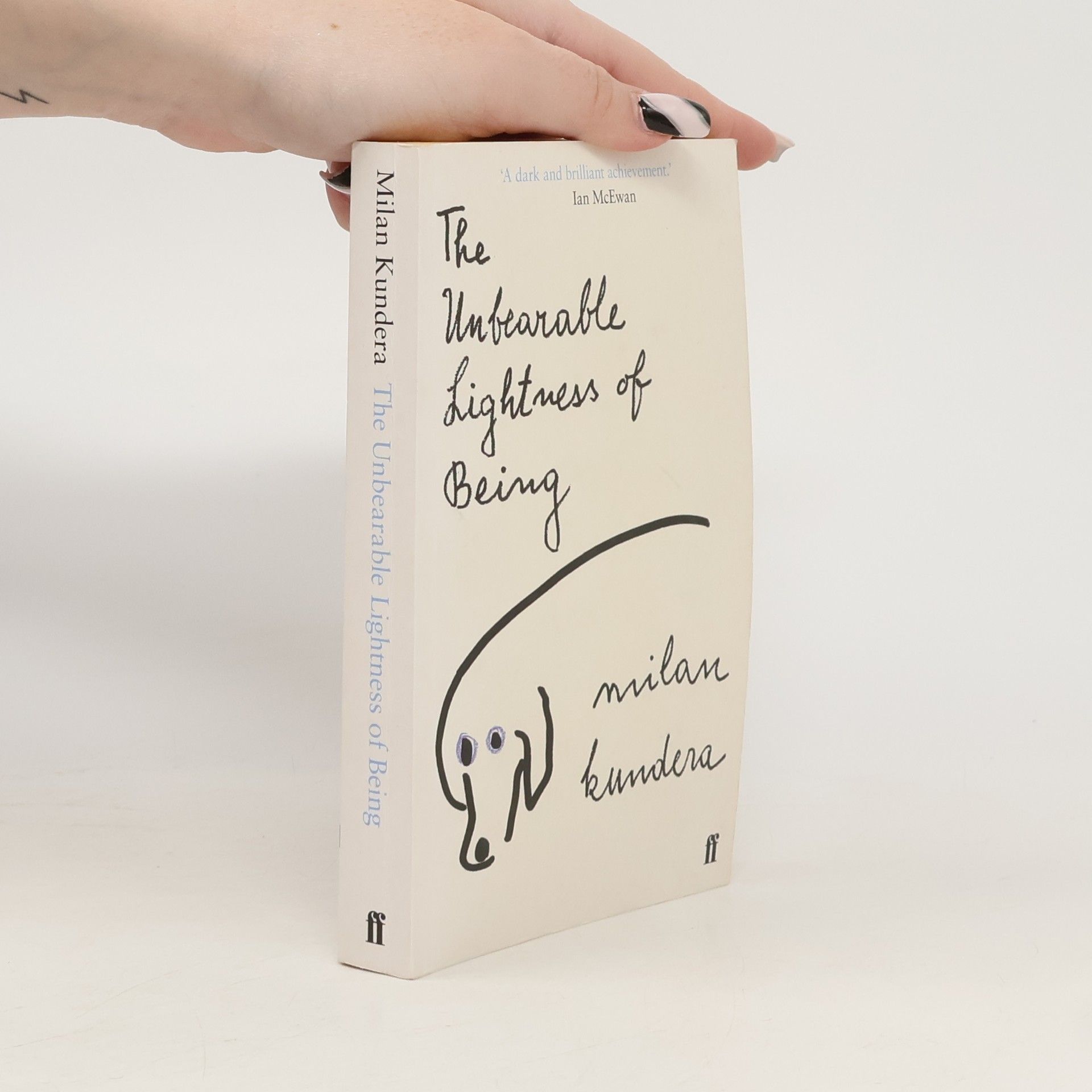
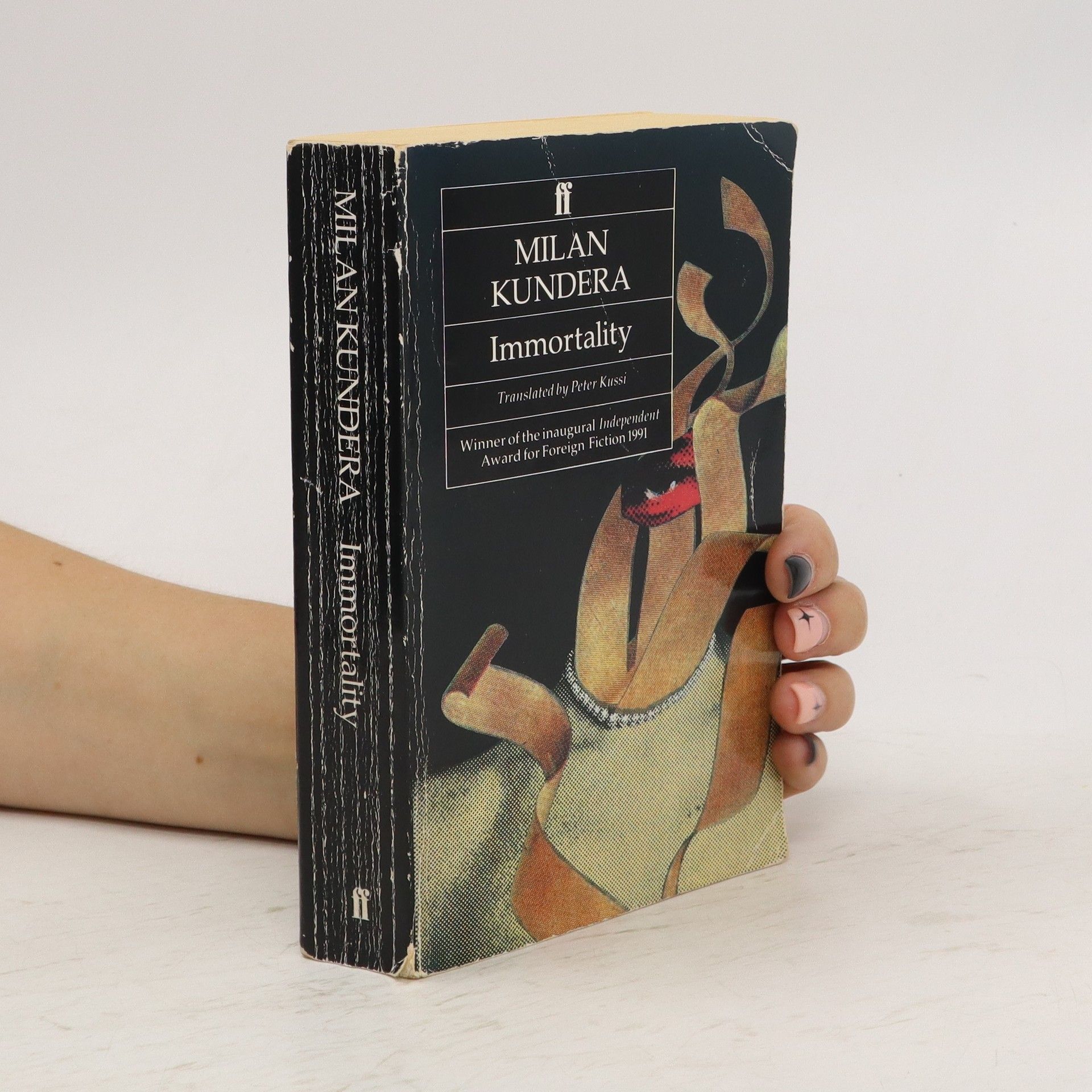
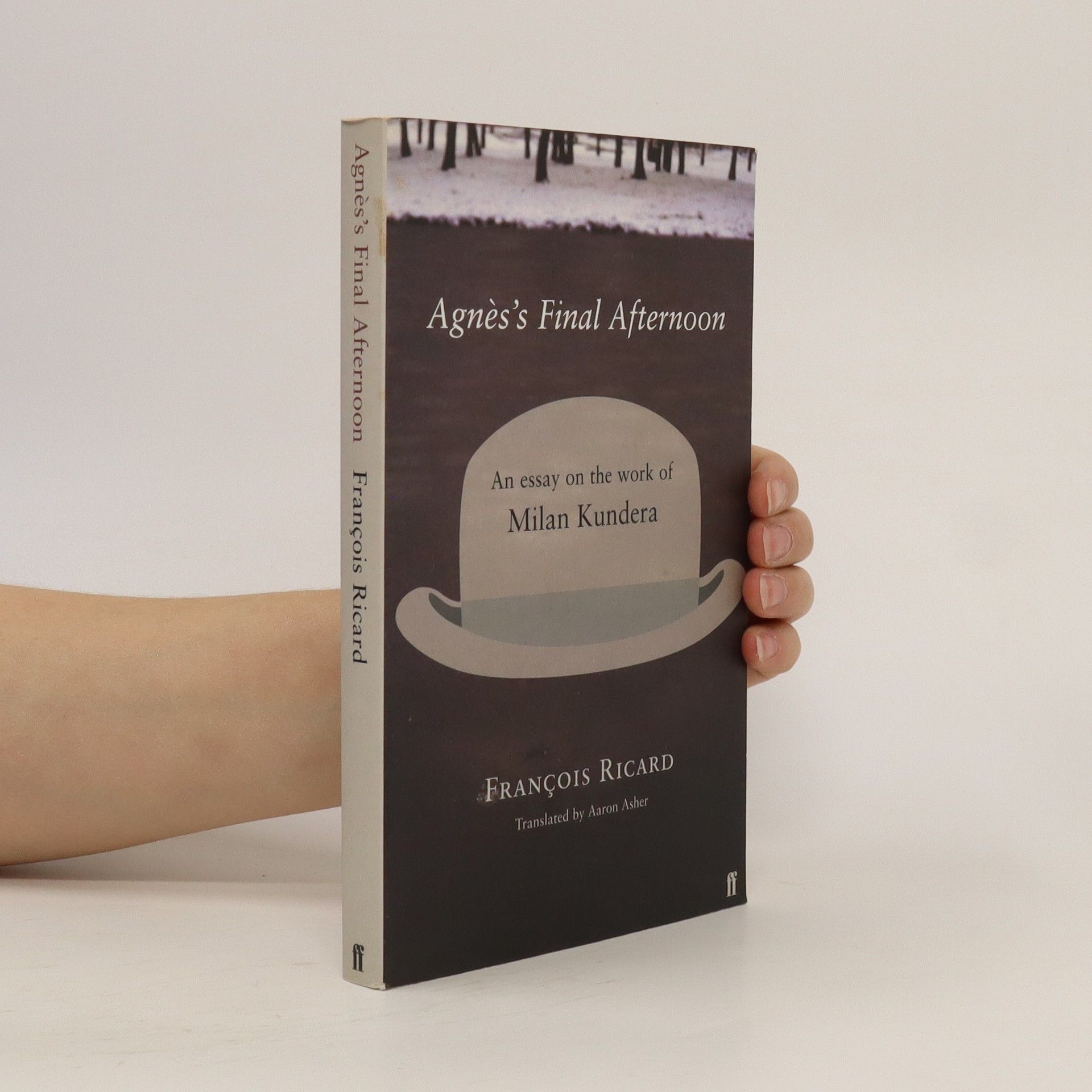

This highly original book imitates the protagonist, Agnès, of Kundera's novel Immortality. Like all readers of fiction, when Agnès steps out of the car, she steps out of the world of planned routes, responsibilities, and social self, and gives herself up to the discovery of a new landscape, an experience that will transform her. François Ricard's beautiful essay enters into the writings of Milan Kundera in much the same way. The landscape he explores in Agnès's Final Afternoon includes a chain of ten novels, composed between 1959 and 1999; he takes us through the themes and characters of the novels, their structural composition, and innovations of form and content that stretch the boundaries of the novel to breaking point.François Ricard is a Professor of French Literature at McGill University. He has been writing about the work of Milan Kundera for fifteen years.
Immortality
- 387 pages
- 14 hours of reading
A novel, divided into seven parts and exploring immortality. This is the author's seventh novel. His previous works include The Joke, The Book of Laughter and Forgetting and The Unbearable Lightness of Being. He has written one play, Jacques and his Master.
In this novel - a story of irreconcilable loves and infidelities - Milan Kundera addresses himself to the nature of twentieth-century 'Being' In a world in which lives are shaped by irrevocable choices and by fortuitous events, a world in which everything occurs but once, existence seems to lose its substance, its weight. We feel, says the novelist, 'the unbearable lightness of being' - not only as the consequence of our private acts but also in the public sphere, and the two inevitably intertwine.Juxtaposing Prague, Geneva, Thailand and the United States, this masterly novel encompasses the extremes of comedy and tragedy, and embraces, it seems, all aspects of human existence. It offers a wide range of brilliant and amusing philosophical speculations and it descants on a variety of styles.
Laughable Loves
- 242 pages
- 9 hours of reading
Može se, bez dvoumljenja, kazati da Kundera uživa glas jednog od najprivlačnijih pisaca danas u Evropi. Osnovno obeležje Kunderinih pripovedaka može se izreći ovako: svrsishodan izraz, odmeren tempo, blaga ironija koja ne pogađa "glavnog junaka", nego se stavlja u pomalo pomerenu perspektivu, smisao za detalj i veština posmatranja, stvaranje osobene atmosfere, vešto fabuliranje, dobra poenta, čvrsto komponovanje. Iz ovih priča izbija onaj dah koji nam je znan iz najboljih dela "Češke filmske škole".
Ignorance
- 208 pages
- 8 hours of reading
A New York Times Notable Book Irena and Josef meet by chance while returning to their homeland, which they had abandoned twenty years earlier. Will they manage to pick up the thread of their strange love story, interrupted almost as soon as it began and then lost in the tides of history? The truth is that after such a long absence "their memories no longer match."
Slowness
- 156 pages
- 6 hours of reading
Readers are taken through a midsummer's night in which two tales of seduction, separated by more than 200 years, interweave and oscillate between the sublime and the ridiculous. They provide merely a narrative framework for Kundera's novel, within which is condensed existential analysis.
Das beeindruckende Porträt eines modernen Klassikers: Der 1929 in Brünn geborene und heute in Paris lebende Milan Kundera ist mit Romanen wie „Der Scherz“ und „Die unerträgliche Leichtigkeit des Seins“ in alle Weltsprachen übersetzt worden und zählt zu den bedeutendsten Romanciers der Gegenwart. Der kanadische Literaturwissenschaftler und Essayist Francois Ricard stellt Kunderas gesamtes Schaffen dar, von seinen Anfängen in der Tschechoslowakei bis zu den großen Werken, die er als Exilant in Frankreich verfasste. Ricard untersucht Kunderas Stellung im modernen Roman und folgt ihm von seinen politischen Motiven bis zu seiner Erforschung von Liebe und Unsterblichkeit.
Jakub a jeho pán. Pocta Denisi Diderotovi.
- 120 pages
- 5 hours of reading
Znamenitá a úspěšná dramatizace Diderotova Jakuba Fatalisty, hravá i krutá studie proměn lidského osudu v neprohlédnutelném světě, je jediný autorův dramatický text patřící k dílům, která „má bez výhrad rád a chce vydávat“.
